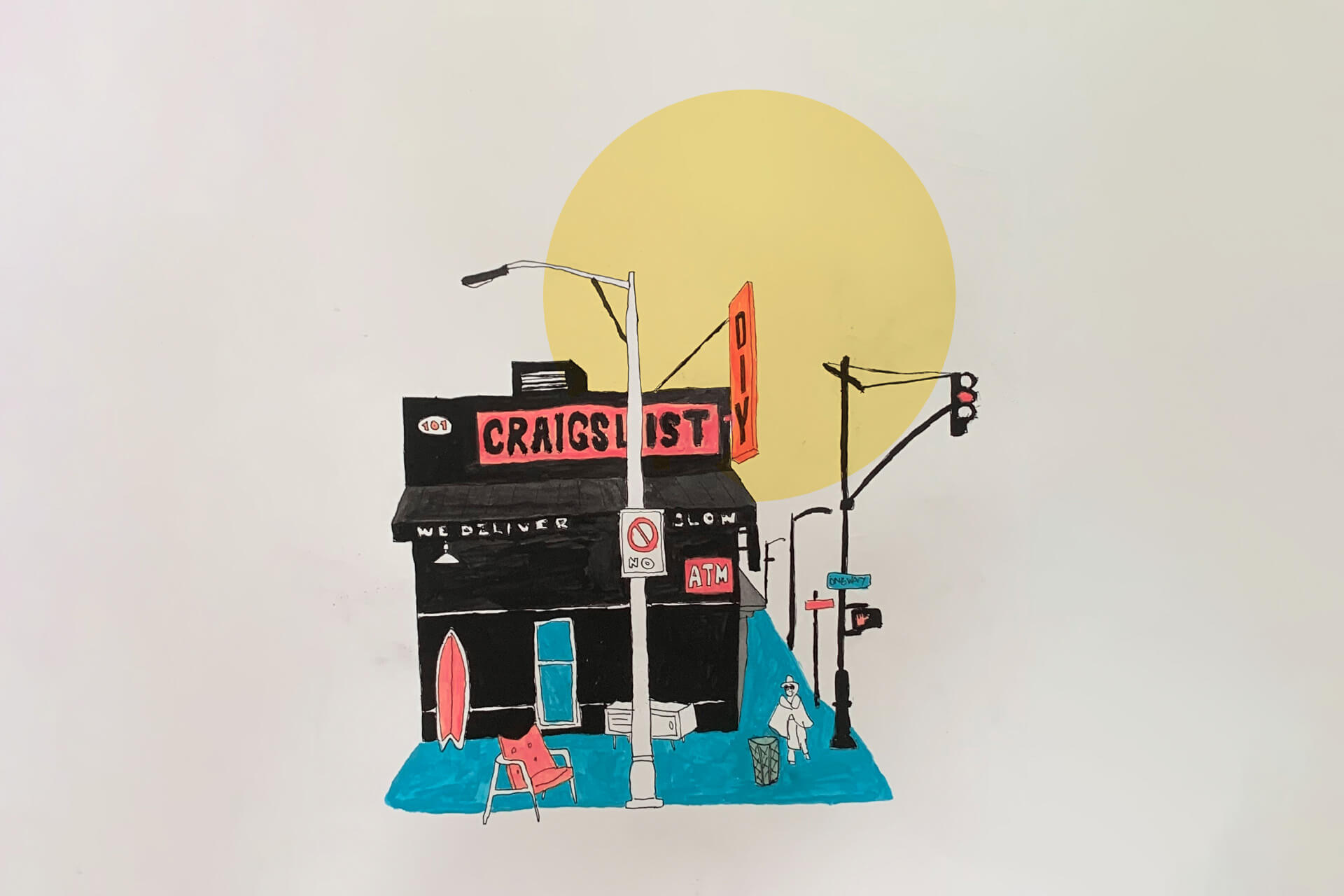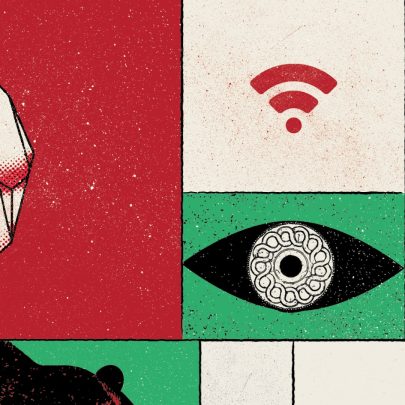Mar 2, 2022 Society
Long before the pandemic began, and my phone dependence hardened into permanence, I tried to wean myself off my habit of reflexively checking social media and instead trained myself to open the free section of Craigslist, a website with an old-fashioned, reverse-chron interface where I can scroll to the place where I left off on my last visit and — this is key — stop.
I’m still on Instagram way too much, but the Craigslist free section is my favourite website. The things people try to give away are often weird, ugly or silly (“I don’t know if anybody wants three bags full of empty plastic medicine bottles”, an ad will read, “but if you do, you are welcome to them before we throw them out”) and sometimes they are poignant. Frequently, I sense loss lurking in the background of a free-section listing — a divorce or a bereavement or an unchosen downsizing. The emotional charge I feel perusing the listings is a big part of the appeal.
But of course there are also gems. It has always astounded me what rich people will throw away, especially here in New York, where the quality and variety of the castoffs are commensurate with the city’s inequality. There are Lane coffee tables, sleek as surfboards, that only need a leg reglued, and mid-century teak credenzas with water rings. Once, I saw a listing for a pair of ravaged Milo Baughman armchairs; the owner noted that the upholstery had been gnawed by a puppy. I paused, briefly, to imagine the life of the person who can afford to treat $5,000 chairs as a dog chew toy and then put them on the street like an oily pizza box. I thought about the poverty of excess and the point at which abundance becomes deadening. Do you always know when you’ve reached it, or can it sneak up on you? What do you do with the rest of your day, after throwing away $5,000 chairs?
Sometimes I email about these injured objects, hoping to retrieve them. Maybe because my work is so intangible — if spending most of an afternoon writing, rewriting, then ultimately deleting as unnecessary a single paragraph can be termed ‘work’ — I have always been drawn to manual hobbies. I sew, I do basic carpentry, I reupholster couches, and refinish chairs. I do this because it manages stress, and because it feels good, after another afternoon lost to a paragraph, to do something three-dimensional, something with progress that is more palpable than that of an essay.
When I think about the times in my life that I’ve been most drawn to making things, they have been times of great change and rupture — like following a move or a breakup, or, say, during a global pandemic. As I write this, I’m surrounded by projects I completed (rooms I painted, chairs I refinished, furnishings I sewed) in a feverish spell of activity this past northern summer, when I was waiting for my vaccine to kick in and not leaving my apartment much. There are also a few chairs that have sat in the corner, stacked and as yet unrepaired, for a few months, emitting guilt.
Media depictions of DIY often invoke fantasies of self-sufficiency, but that’s a lie. None of the projects I embark on would be possible without the division and specialisation of labour. The can of polyurethane I might use to rescue an old wooden cabinet represents hundreds of years of cumulative knowledge of chemistry, protected by patents I certainly couldn’t begin to understand. I can only rewire a lamp or turn a bolt of silk into a dress because of complex supply chains that encircle the globe. Every trip around my local hardware store is a trip around the world. I understand DIY as less about independence than it is about finding one’s own autonomy within a complex, interdependent system.
DIY is costly in terms of time, but I like it precisely because it’s a way of placing my time outside the realm of optimisation. I have always had time for DIY projects for the simple reason that I have spent my working life as a freelance journalist, aka being perpetually broke. Whenever a cheque does come my way, I sit on it like a dragon, because I never know how long it’s going to need to stretch. And so it would be foolish for me, needing a table, to not spend the better part of a week refinishing one; it would be foolish to spend money to buy something I could just make. I can make a table; I can’t make my rent. Someone else might wisely point out that you can’t make time, either, and maybe that’s true if you’re a person whose time is subject to different pressures than mine. But perhaps the biggest gift of my working life is that my time has always been my own. I’ve never thought about my time as if it had some kind of value independent of me.
DIY puts us in a different relationship with time. When I’m doing something like refinishing a table or sewing curtains, I’m never more aware that I’m participating in traditions of labour that reach back generations. And so making things makes us nodes in a network stretching from the people who taught us, to the people we may one day hope to teach — if, that is, we are so lucky as to learn enough that our knowledge is worth passing on.
The objects we surround ourselves with and attempt to leave our mark on have trajectories of their own, lives that outlast ours. It’s comforting to think that I’ll be outlived by my table, that for a brief moment in time, my hands were the hands that touched it. And someday, someone, perhaps even someone very different from me — night and day in terms of temperament or values or desires, but nonetheless links in the same chain of knowledge — will do the same again.
–






